Personal Finance: Summer Reading List
Summer is upon us, and while your children or grandchildren work their way through their own summer reading list, it might be time to create your own. Vacations and other free time during the summer are great opportunities to hone your financial knowledge. Besides, personal finance books make for the best beach reads!
- Your Medical Mind by Jerome Groopman, MD and Pamela Hartzband, MD
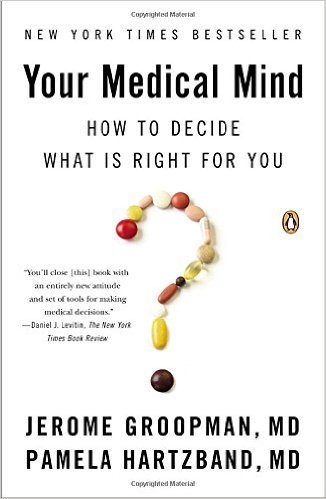 In “Your Medical Mind”, two Harvard physicians explore the ways individuals make medical decisions, arguing that each person has a unique way of analyzing the risks and benefits of treatments. As you dive into this book, you will explore your own decision making processes and come out more capable of making healthcare decisions that are right for you. Healthcare costs can make up a large portion of our budgets, and with the insights gleaned from this book, you will be more equipped when deciding whether a specific treatment or test is worth the cost.
In “Your Medical Mind”, two Harvard physicians explore the ways individuals make medical decisions, arguing that each person has a unique way of analyzing the risks and benefits of treatments. As you dive into this book, you will explore your own decision making processes and come out more capable of making healthcare decisions that are right for you. Healthcare costs can make up a large portion of our budgets, and with the insights gleaned from this book, you will be more equipped when deciding whether a specific treatment or test is worth the cost.
2. Happy Money by Elizabeth Dunn and Michael Norton
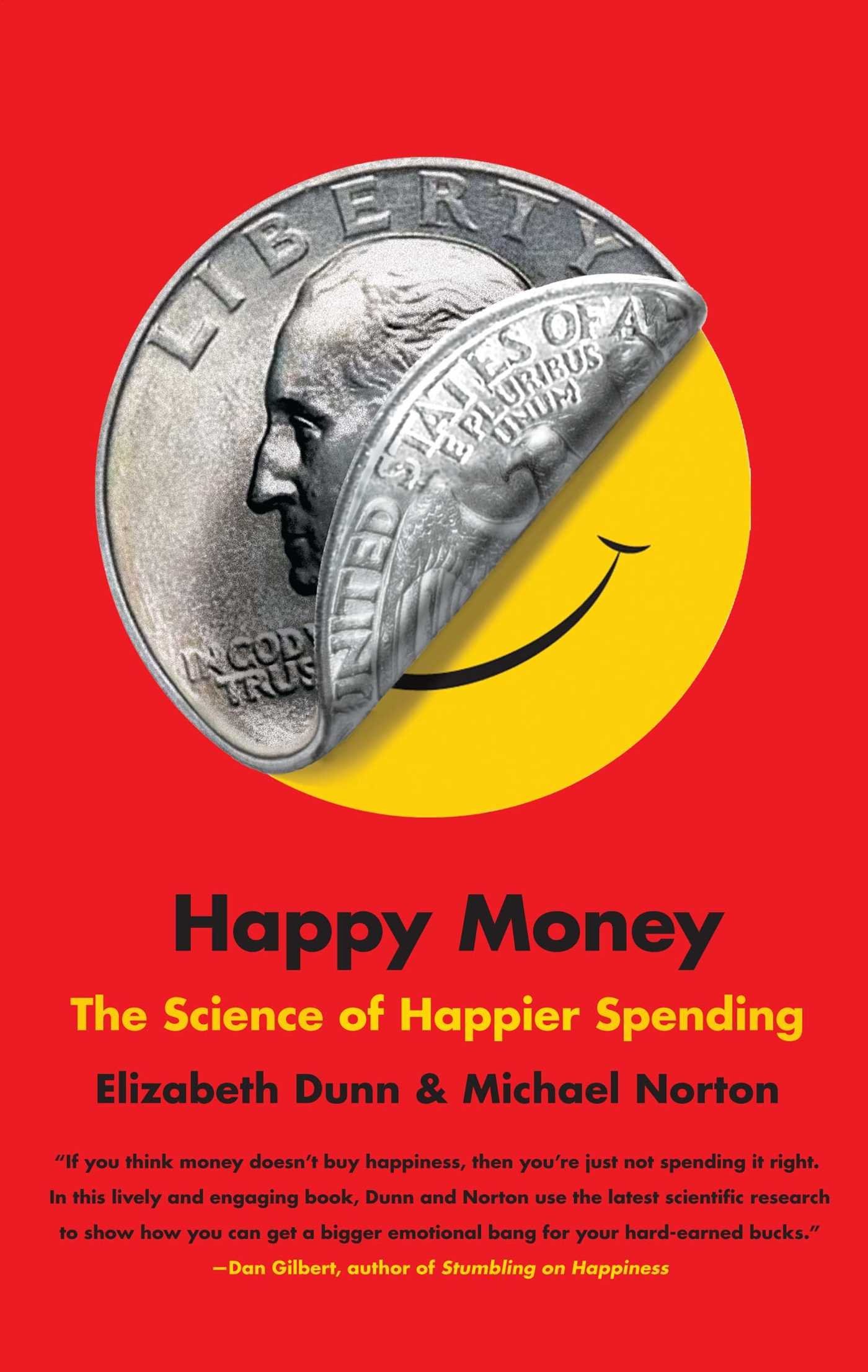 Money can’t always buy happiness, but Dunn and Norton lay out five spending principles that could increase your happiness. The authors review research that suggest that certain ways of spending money, such as spending on experiences over things, could increase your sense of happiness. The authors also look beyond the individual to suggest how companies could spend money to improve their employees’ and customers’ sense of happiness and satisfaction.
Money can’t always buy happiness, but Dunn and Norton lay out five spending principles that could increase your happiness. The authors review research that suggest that certain ways of spending money, such as spending on experiences over things, could increase your sense of happiness. The authors also look beyond the individual to suggest how companies could spend money to improve their employees’ and customers’ sense of happiness and satisfaction.
3. The Opposite of Spoiled by Ron Lieber
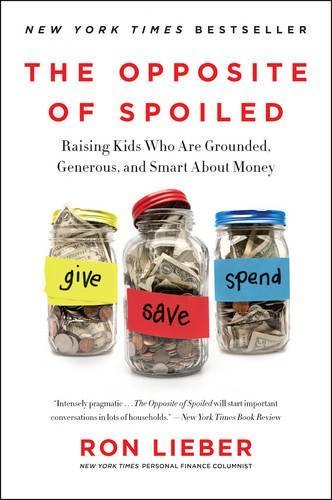 Columnist Ron Lieber offers both a step-by-step guide and a philosophy for raising children who are grounded and patient, especially when it comes to money. Lieber argues that parents who are honest and transparent with their children about family finances and financial decisions help their children develop into wise and financially prudent young adults. Further, he lays out ways to best handle the basics, such as allowance, the tooth fairy, getting a checking account, and other milestones parents encounter with their children. Because many schools and colleges do not offer courses on personal finance, parents must help their children develop these critical money skills, and Lieber provides some great tips for getting the conversation started.
Columnist Ron Lieber offers both a step-by-step guide and a philosophy for raising children who are grounded and patient, especially when it comes to money. Lieber argues that parents who are honest and transparent with their children about family finances and financial decisions help their children develop into wise and financially prudent young adults. Further, he lays out ways to best handle the basics, such as allowance, the tooth fairy, getting a checking account, and other milestones parents encounter with their children. Because many schools and colleges do not offer courses on personal finance, parents must help their children develop these critical money skills, and Lieber provides some great tips for getting the conversation started.
4. Retirementology, by Gregory Salsbury, Ph.D.
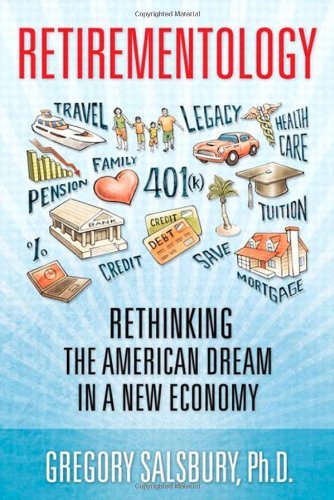 Why do people drive 45 minutes to use a $2.00 coupon? In Retirementology, Salsbury explores the science behind these odd behaviors and mindsets that lead to poor spending and saving decisions, and looks at how the 2008 financial crises further amplified these faulty decision making processes. Through the lens of behavioral economics, Salsbury offers a way to overcome these mistakes and develop saving, spending, borrowing, and investing habits in order to better plan for retirement.
Why do people drive 45 minutes to use a $2.00 coupon? In Retirementology, Salsbury explores the science behind these odd behaviors and mindsets that lead to poor spending and saving decisions, and looks at how the 2008 financial crises further amplified these faulty decision making processes. Through the lens of behavioral economics, Salsbury offers a way to overcome these mistakes and develop saving, spending, borrowing, and investing habits in order to better plan for retirement.
5. Living Well Spending Less, by Ruth Soukup
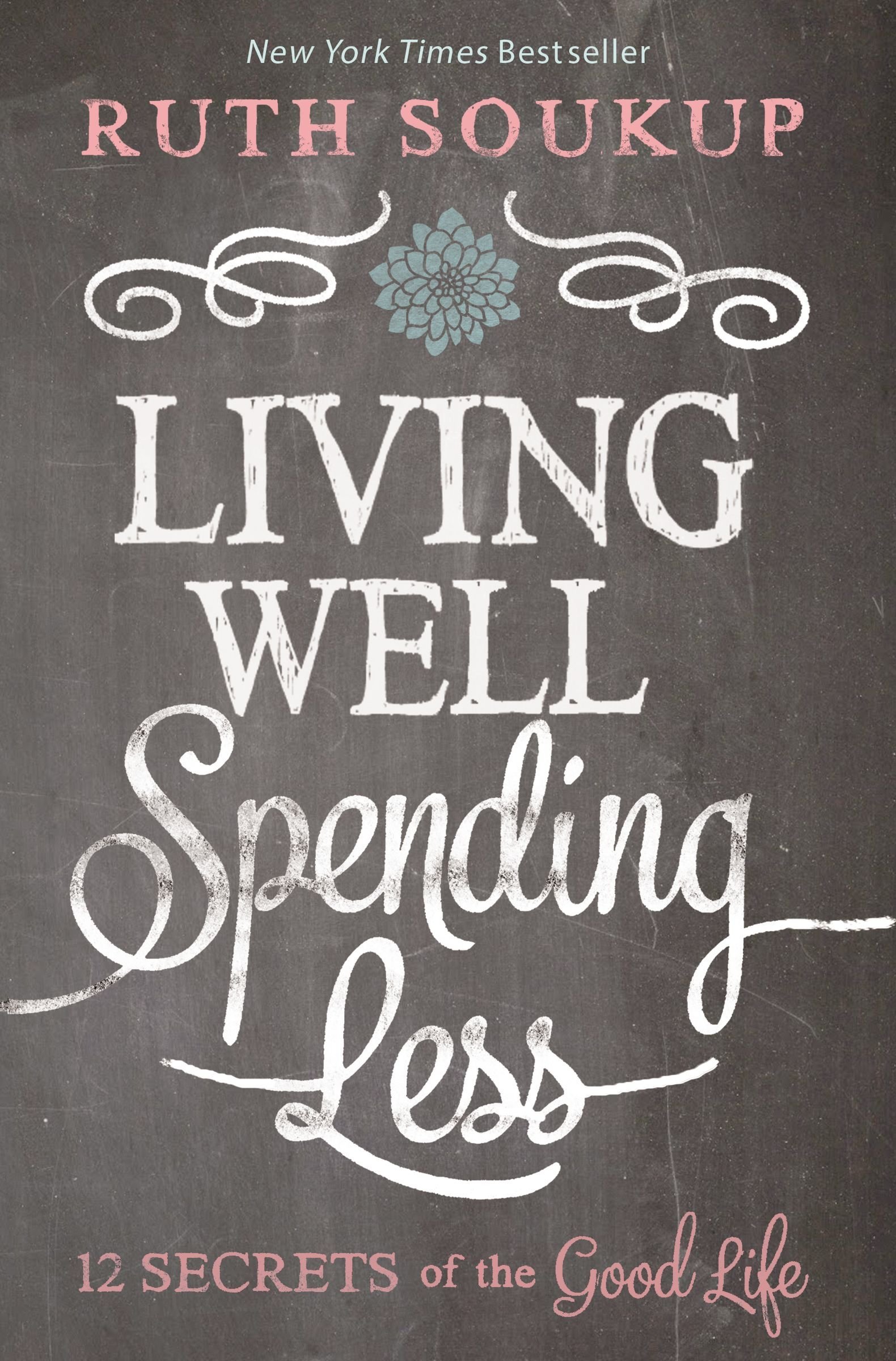
We all know life can be chaotic, and sometimes it can feel like everything is out of our control. In this motivational book, Ruth Soukup gives advice for getting your budget and your life under control, sharing the mistakes she made along the way. If you’re looking for a feel-good read that also has a ton of helpful wisdom, you will definitely want to pack this one for the plane ride.
6. Enough, by John C. Bogle

John C. Bogle, founder of the Vanguard Mutual Fund, explores what it means to have “enough” in a world obsessed by status and wealth. Intertwining insights on money, values, and individual roles in society, Bogle offers a truly unique perspective on how money and wealth should fit within our overall priorities.
7. The Index Card, by Helaine Olen and Harold Pollack
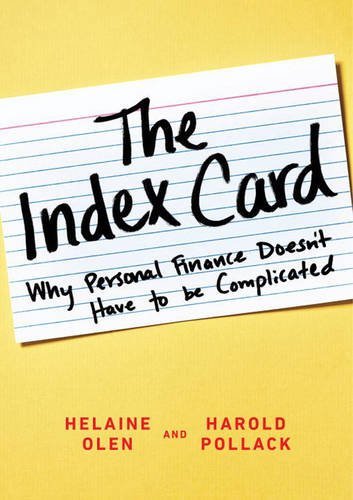
University of Chicago professor Harold Pollack argues that everything you need to know about money management could fit on an index card. To prove it, he wrote down 10 easy steps you can follow when managing your finances on an index card, and in this book, he and financial journalist Helaine Olen describe how these 10 strategies will outperform much more complicated management techniques.
8. The Power of Habit, by Charles Duhigg
 Pulitzer-prize winning business journalist Charles Duhigg explores the science behind how habits are formed and how they can be reshaped. In my experience, many individuals form management or budgeting habits at a young age that may not serve them throughout their life. If you feel like you’re stuck in a budgeting rut, consider this book to help you break old habits and form new ones.
Pulitzer-prize winning business journalist Charles Duhigg explores the science behind how habits are formed and how they can be reshaped. In my experience, many individuals form management or budgeting habits at a young age that may not serve them throughout their life. If you feel like you’re stuck in a budgeting rut, consider this book to help you break old habits and form new ones.







